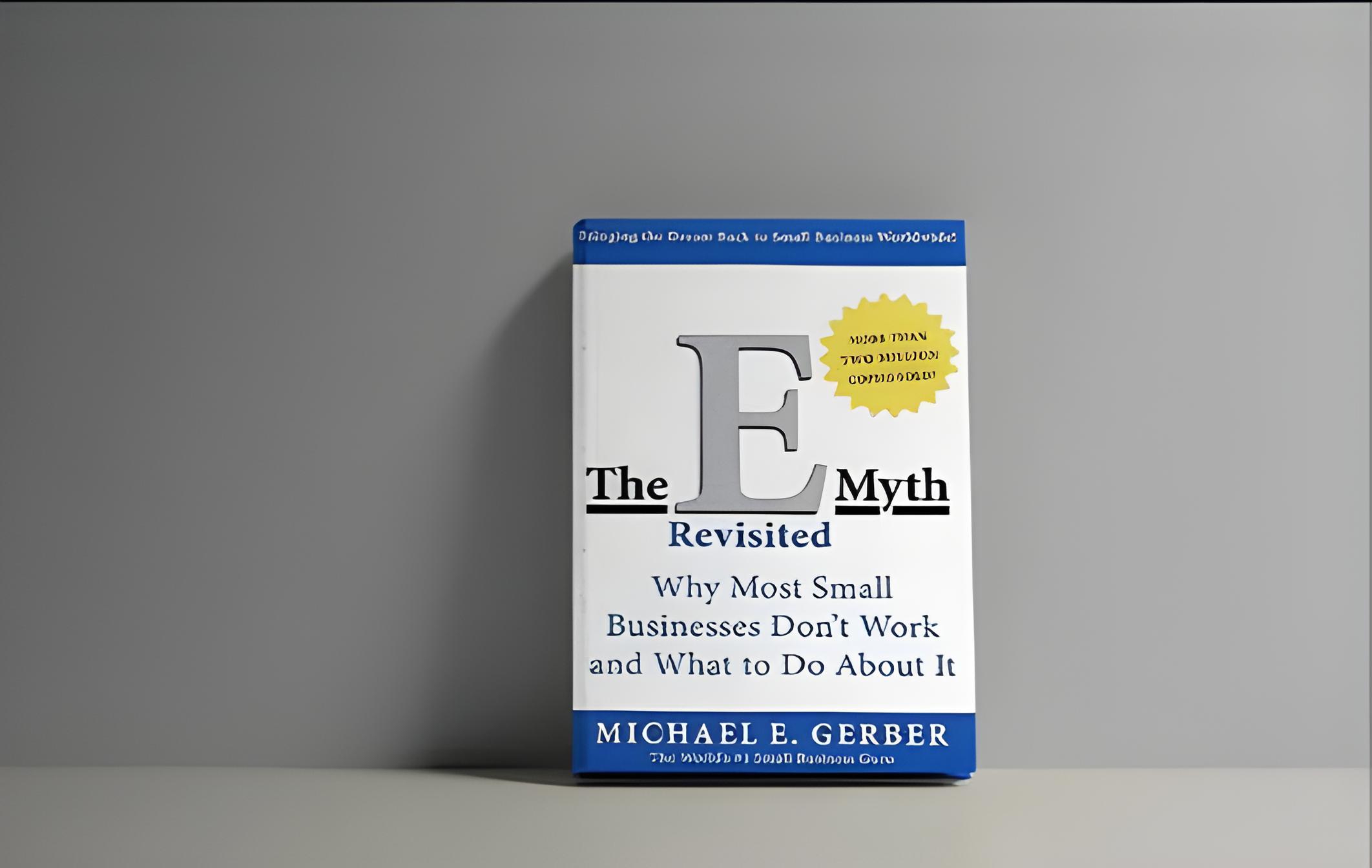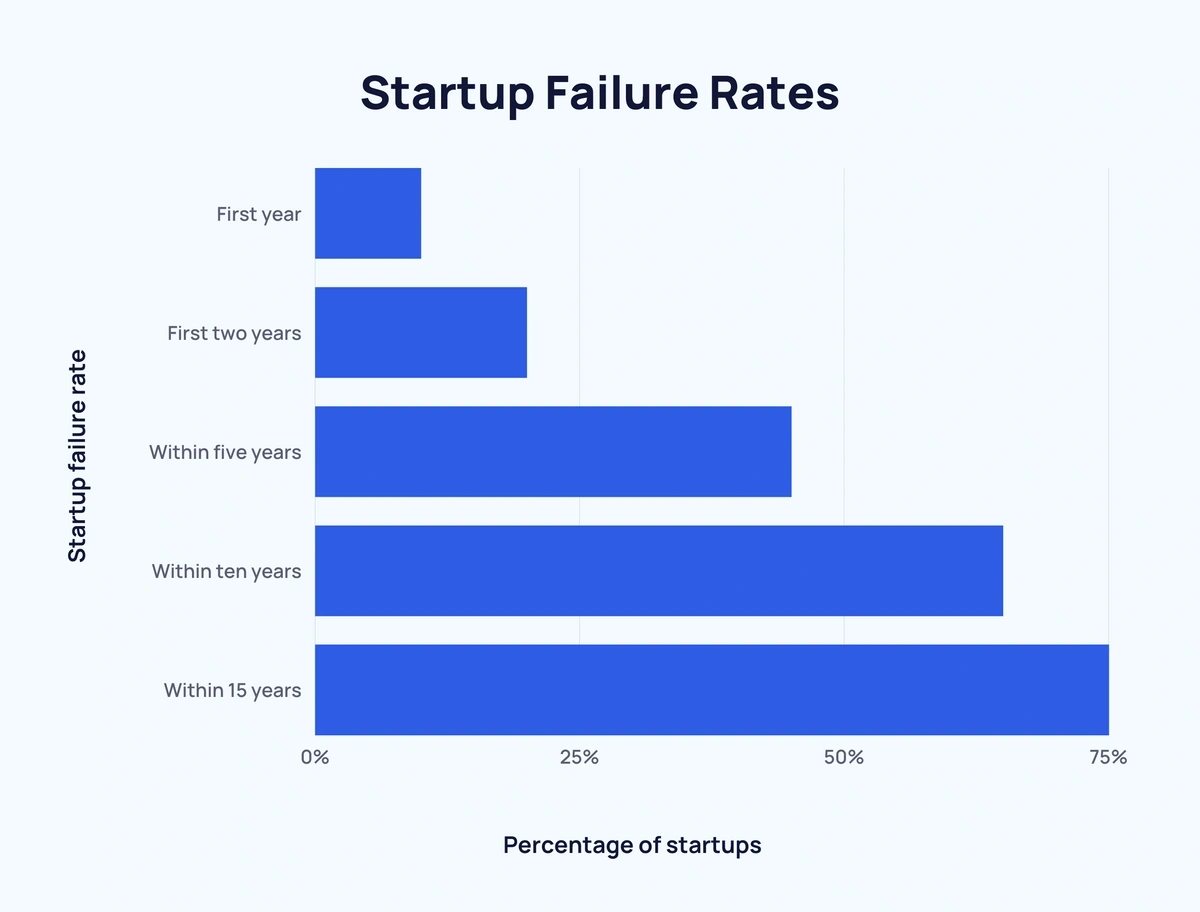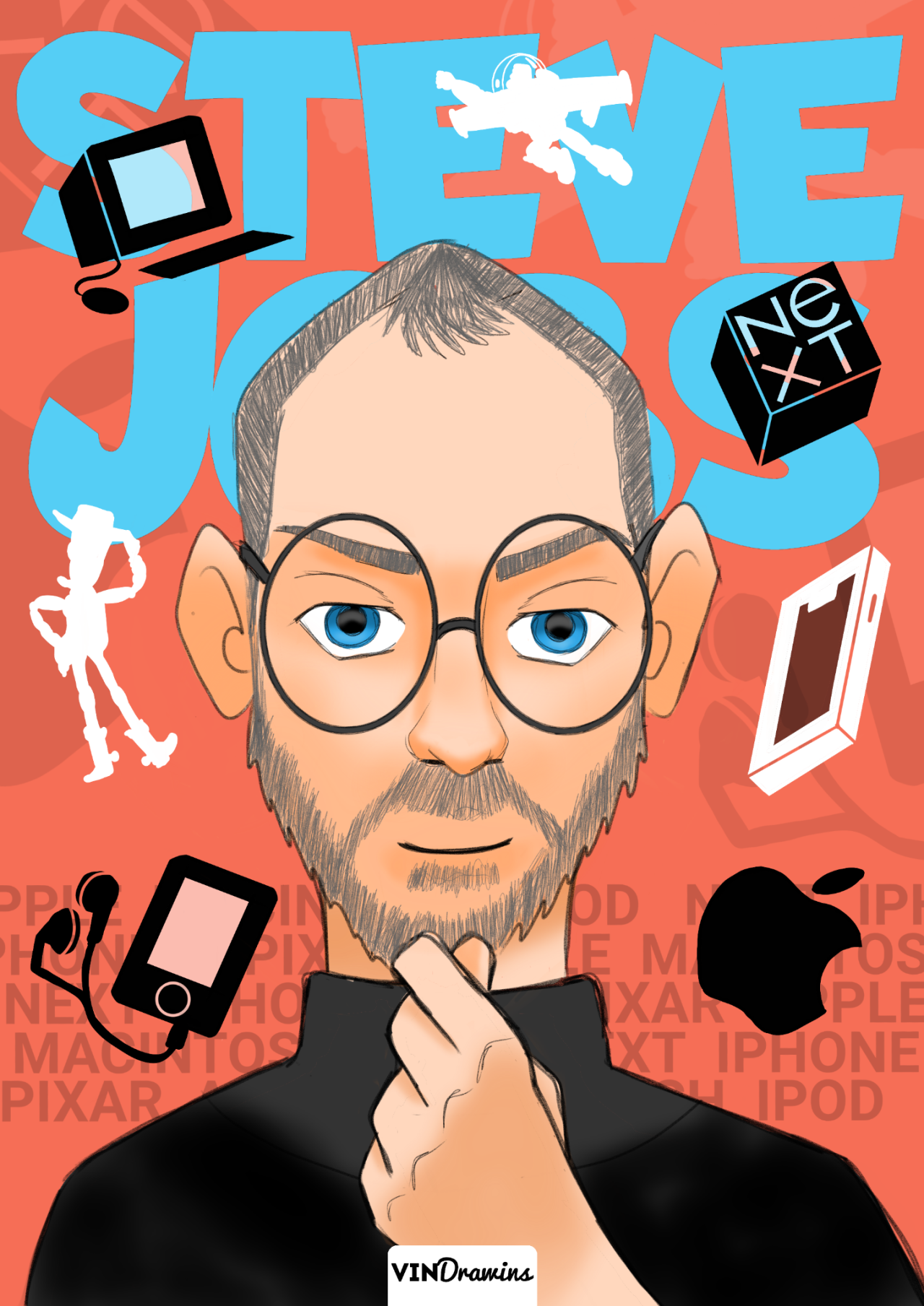Back
SHIV DIXIT
CHAIRMAN - BITEX IND... • 1y
📖 DAILY BOOK SUMMARIES 📖 🚀 12 Lessons from 👉 🔥 The E-Myth Revisited : why fail 🔥 ✨ By Michel Gerber ✨ 1. E-Myth Defined • The "Entrepreneurial Myth" is the belief that all small business owners are natural entrepreneurs. • Most business owners start due to technical skills, not entrepreneurial ones. 2. Three Roles in Business • Entrepreneur: Visionary, looking for growth opportunities. • Manager: Organizer, ensures systems run smoothly. • Technician: Skilled worker, focuses on day-to-day tasks. • Many small businesses fail because owners focus too much on the Technician role. 3. Work On Your Business, Not In It • Owners should create systems and processes to ensure the business runs without their constant involvement. • Delegate tasks and focus on scaling and growth. 4. The Turn-Key Revolution • Model your business like a franchise with standardized operations. • Create a business that can run independently and consistently produce results. 5. The Business Development Process • Innovation: Find ways to make your business unique. • Quantification: Measure everything to improve efficiency. • Orchestration: Create systems that ensure consistent delivery of products/services. 6. The Franchise Prototype • Build your business as if you’re going to franchise it. Every aspect should be replicable. 7. The Life Cycle of a Business • Infancy: Owner does everything. • Adolescence: Growing pains; time to delegate tasks. • Maturity: A well-structured business that operates independently. 8. Conclusion • Success comes from systematizing your business and stepping away from daily technical work to focus on growth 9. Entrepreneurial Seizure • This is the moment when a technician decides to start their own business, mistakenly believing that knowing the technical work (e.g., being a good baker) means they can run a business (e.g., a bakery). 10. Systems vs. People • A successful business depends more on well-defined systems than individual people. Systems allow for consistency, even when employees change. 11. The Customer Experience • Every part of the business should be designed with the customer in mind. Create a predictable, positive experience for customers at every touchpoint. 12. Continuous Improvement • Constantly review and improve the business processes. Even established systems need regular updates to stay relevant and efficient. 🔗 You can download whole book freely from comment section 🔗

Replies (4)
More like this
Recommendations from Medial
Pratik Rathod
Co-Founder, Director... • 8m
About Our Business:- Sunraise Solar Technology Private Limited is a clean energy solutions company based in Mumbai, offering end-to-end solar installation services across residential, commercial, industrial, and agricultural sectors. Our offerings in
See More
Shanu Chhetri
CS student | Tech En... • 11m
Generally, new business success rates are around 10% to 20% over the long term. However, many factors determine potential startup success. The vast majority of owners who run successful startups claim to have relevant qualifications and experience i
See More
Aarihant Aaryan
Prev- Founder & CEO ... • 1y
Blinkit launched a franchise model for its dark store! I think it's a brilliant move to scale and build great distribution against competitors 1. The franchise model could work well as it is a huge capex to start a dark store and to make it profi
See MoreDownload the medial app to read full posts, comements and news.















/entrackr/media/post_attachments/wp-content/uploads/2021/08/Accel-1.jpg)



















